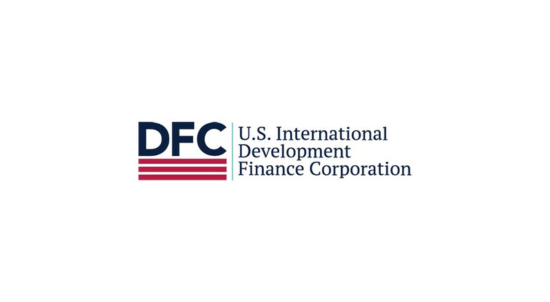New DFC Accountability Mechanism Procedures Include Stronger Provisions on Remedy, But Accessibility and Independence Challenges Remain

Nearly five years after the U.S. International Development Finance Corporation (DFC) became operational, its independent accountability mechanism (IAM) finally has terms of reference (TOR), or procedures, to guide its work addressing complaints from communities harmed by DFC’s financing. Although the TOR include many strong provisions that align with international good practice for IAMs, the TOR fail to address crucial accessibility and independence challenges.
IAMs are important governance tools for development finance institutions. IAMs allow project-affected communities to raise concerns about environmental, human rights, and labor impacts of projects and have them addressed through a compliance investigation or a dispute resolution process. When Congress created the DFC in 2018, it recognized the importance of the IAM at the DFC’s predecessor, the Overseas Private Investment Corporation (OPIC), and required the DFC to establish a similar mechanism However, despite this congressional mandate, it took many years for the DFC to fully operationalize the IAM, even as the institution increased its investing to a record level. The approval of the TOR this month is a crucial step in ensuring that there is a predictable process for receiving and handling complaints.
New TOR Includes a Stronger Remedy Mandate and Protections Against Reprisals
The DFC held public consultations on the draft TOR earlier this year, and Accountability Counsel and several global partners submitted extensive recommendations for strengthening the IAM’s effectiveness. The final TOR reflect our recommendations in several areas. For example, recognizing that affected communities can face threats and retaliation for expressing concerns about projects, the final TOR added stronger protocols for mitigating risks to complainants. In addition, the TOR included a strengthened mandate for the IAM to facilitate remedy for communities who have experienced harm. The TOR gives the IAM the power to make specific recommendations for how DFC should remedy instances where it failed to comply with its environmental and social requirements. Additionally, the TOR requires management to consult with communities to ensure that its action plans in response to compliance investigations reflect communities’ perspectives on appropriate remedies.
Accessibility and Independence Challenges Remain
The TOR are modeled after the policy for the International Finance Corporation’s Compliance Advisor Ombudsman (CAO). Although the CAO’s policy includes many strong provisions, civil society has previously expressed concerns about some of the accessibility restrictions in the CAO policy that are out of line with international good practice. Despite also raising this concern in the 2024 consultation on the DFC IAM’s TOR, the final TOR do not remove these restrictions. For example, unlike most IAMs, the TOR do not allow complaints to be filed prior to Board approval of a project. This constrains communities facing potential harm from using the IAM as a tool to prevent negative impacts before they happen.
Troublingly, the TOR also fail to address a major independence concern. IAMs are supposed to be fully independent from an institution’s management, since part of their job is to investigate allegations of management’s non-compliance with institutional policies. The DFC IAM reports to the DFC’s Board of Directors, which is good practice. However, the DFC CEO sits on the DFC Board, which could present a conflict of interest when the Board makes decisions about the IAM. To overcome this, we recommended that the CEO recuse themselves from all decision making about the IAM. The final TOR rejected this recommendation, which undermines the IAM’s independence. Going forward, the DFC must ensure that the IAM has the full ability to do its work independently.
Going Forward
Now that the TOR have been approved, the proof of the IAM’s effectiveness will be in whether it handles complaints in a transparent, equitable, and predictable manner. Importantly, the DFC must respond to IAM’s work in a constructive manner and ensure that any identified harm is fully remedied.
Related Posts
- 31 July 2024 Now is the Time for DFC to Shore Up Its Accountability
- 26 March 2024 US DFC calls for probe of Bridge schools investment
- 18 December 2023 Congress Calls out DFC on Employee Mistreatment

